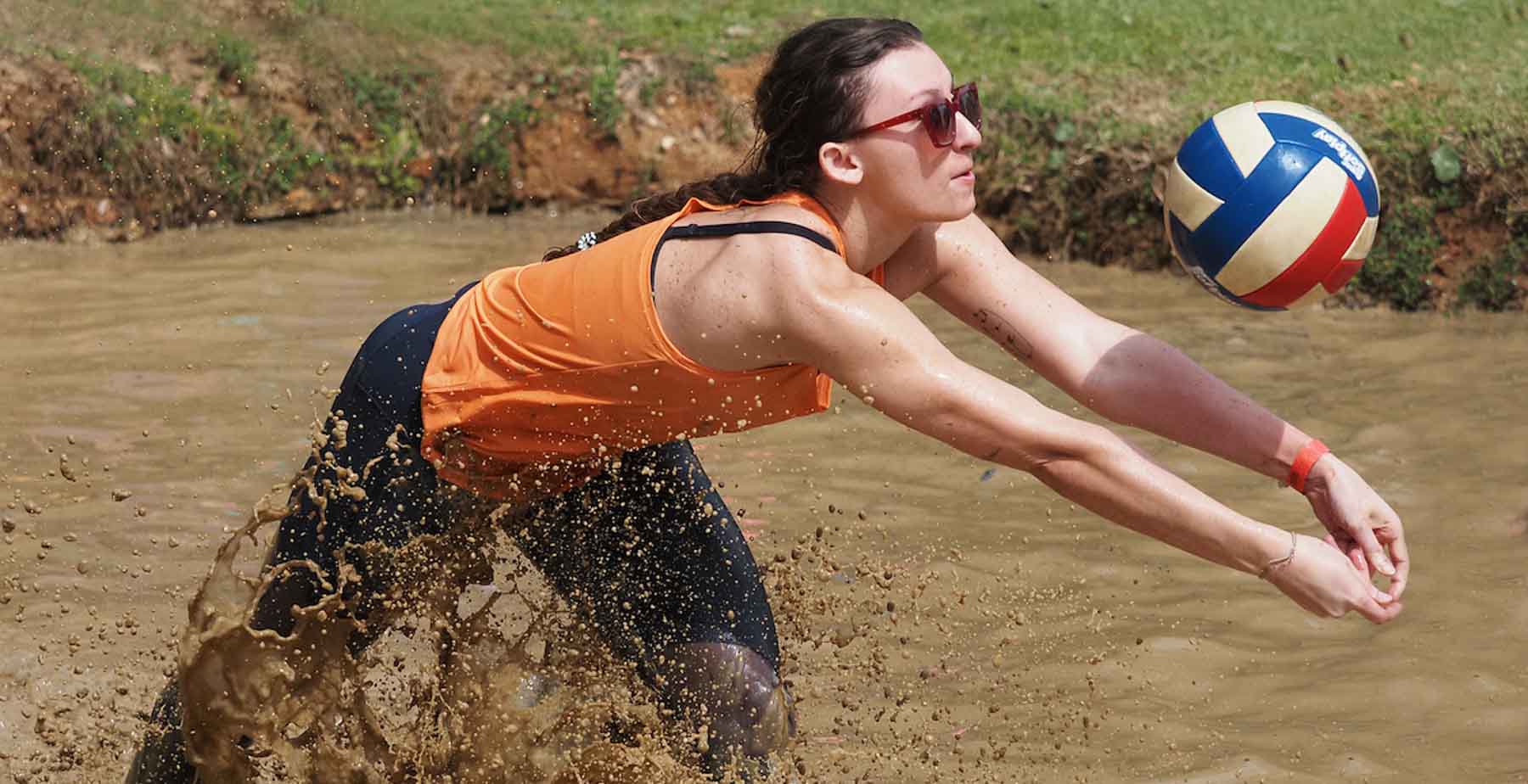Davis Enters Royal Society of Chemistry
Posted on June 14, 2018
Dr. James Davis, professor of chemistry, has recently been accepted as a Fellow of the Royal Society of Chemistry. This prestigious organization is headquartered in London and is preeminent in promoting research in chemical sciences.
Davis’s acceptance into the Royal Society is testament to his international standing as an expert on ionic liquids — liquified salts which melt at low temperatures and which can function as solvents. Since 1998, Davis said, he and his research group have published more than 100 papers and abstracts and has “nine issued patents in the field and have a couple of others pending.”
Davis came to the University of South Alabama in August of 1995 after teaching chemistry at Brandeis University. He started research on salt compounds with “very low melting points”, which, he says, dovetailed fortuitously with emergent research on ionic liquids. His research soon yielded success, paving the way for Davis and his research team to become leaders in this field of chemistry.
The discipline of chemistry has changed in innumerable ways. According to Davis, “New analytical tools and techniques have made it possible to study many molecular species in ways never imaginable before. This has led to an explosion of research, especially at the interfaces between chemistry and biology, chemistry and physics, chemistry and materials and so on.” Davis adds that today “more and more scientists are chemists in practice, but more and more people are eschewing labels as to the type of scientist they are—there is much more emphasis on the particulars of what they are doing, as opposed to what box that work might be best put into. At the end of the day, everything material/tangible in this universe is chemistry, and it has an impact of unimaginable breadth on each of our lives.”
To illustrate the centrality of chemistry to our daily lives, Davis recommends that people look at photos of crude oil and sand and then look at their cell phones. “Every bit of that phone started off in a barrel of oil or a handful of sand. The people who turned it from the sand and oil into the materials from which the phone is assembled were chemists,” he said.
In addition to the research Davis and his group perform, he says major ionic liquids research is also occurring in Germany, the United Kingdom, Japan and Australia. Davis said the group at South leads “the world in several sub-areas of ionic liquids research. One of those, the area of 'functionalized' or 'task-specific' ionic liquid, was actually founded by (Davis's group). And it's really gratifying to observe that about 25 percent of the circa 8,000 annual publications worldwide on ionic liquids make use of our concept.”
In the near future, Davis plans “to re-invent his research program” in order to “find new ways to make it relevant to other emerging areas of science.” He notes that there are nine ionic liquids researchers at USA in chemistry, chemical and biomolecular engineering and mechanical engineering.





